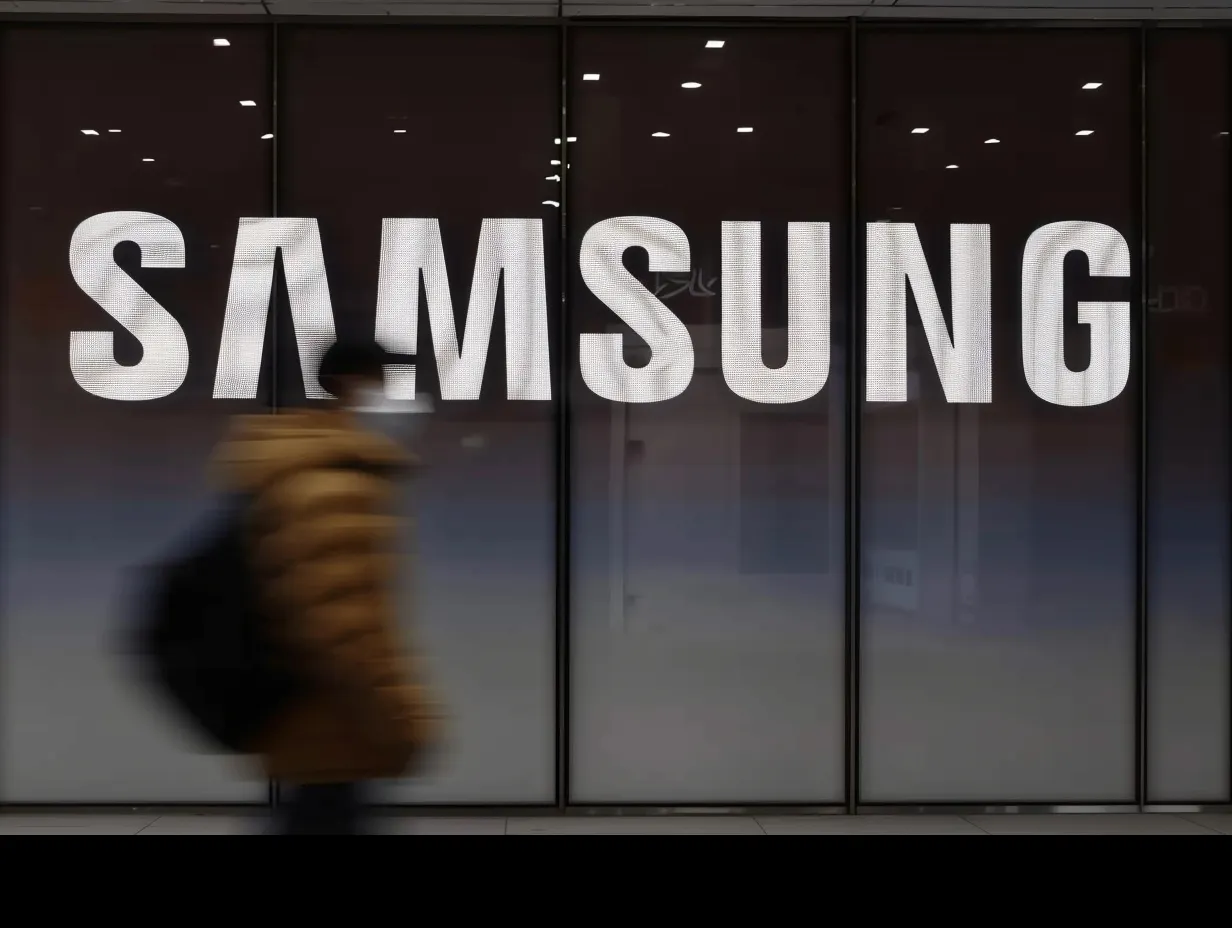Samsung Electronics has recently secured Nvidia’s certification for its eight-layer HBM3E memory chips. The eight-layer HBM3E chips are a new, improved version of the previous ones with improved performance and power consumption.
This is important as the market for advanced memory solutions continues to be on the rise, especially in AI applications, where there is a need to handle large amounts of data at fast rates.
Samsung overcomes previous challenges to meet Nvidia’s standards
Samsung’s advancement with the HBM3E chips comes on the heels of other issues that were encountered in the past with the generation of heat and power use. The company has made an effort to overcome these challenges and meet Nvidia’s requirements. The successful passing of these tests indicates Samsung’s preparedness to address the increased call for memory solutions.
Nvidia’s approval of Samsung’s HBM3E chips also creates opportunities for future partnerships. Although the supply agreement has not been signed yet, the approval should result in a contract in the near future, and the supplies are to begin no sooner than the last quarter of 2024. This move could help to decrease Nvidia’s susceptibility to potential problems with a single supplier, thus increasing the reliability of its supply chain.
Additionally, Samsung’s fourth-generation HBM3 chips have been recently certified by Nvidia. Still, these chips are expected to be applied mainly to Nvidia’s specific China graphic cards which indicates a rather selective approach to the market.
Rumors circulate about Nvidia CEO’s approval of twelve-layer chips
Despite this success, Samsung’s twelve-layer HBM3E chips are still being evaluated. It has been reported that problems with heat and power consumption could be affecting the twelve-layer chips. Samsung is said to be working on solving these problems even though the company has dismissed them.
According to South Korean media outlet Alphabiz, Samsung’s twelve-layer HBM3E chips were allegedly approved by Nvidia CEO Jensen Huang. This claim entailed a “Jensen Approved” trademark on a physical unit, which was an acknowledgment that Nvidia accepted Samsung’s innovation. However, there is no official statement from Nvidia, which implies that the twelve-layer chips are still being tested.
TrendForce pointed out that HBM3E chips will become the mainstream product in the second half of this year. This trend can be attributed to their growing importance in the industry. Samsung and SK Hynix are expected to become the main market players in this context; Samsung plans to sell a significant amount of HBM3E chips by the end of the year. Samsung has estimated that by the fourth quarter of next year, about 60 percent of its HBM chips will be the HBM3E.
SK hynix has been shipping HBM3E chips to Nvidia since late March, and it is expected to maintain its dominant position in the market. Micron Technology also intends to provide HBM3E chips for Nvidia’s H200 Tensor Core GPUs, which will further intensify the competition.





